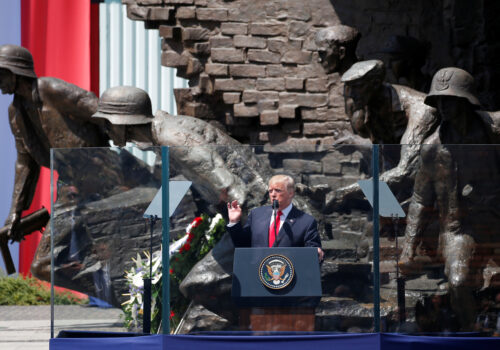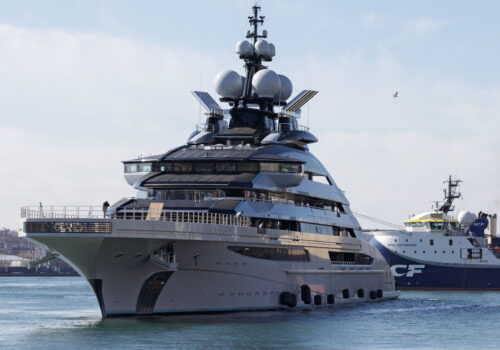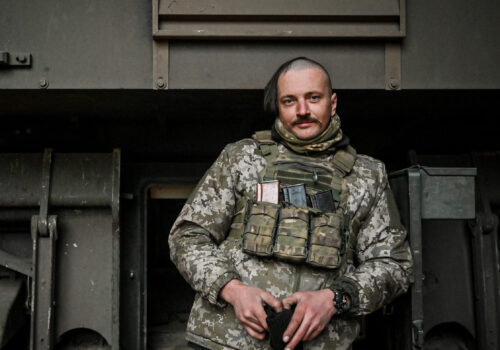Numerous recent reports have revealed the Russian army’s reliance on critical Western components to power its war on Ukraine. Moscow’s forces depend on Western-made inputs for the construction and maintenance of their drones, cruise missiles, communications systems, and electronic warfare complexes. Many of these components originate in countries supporting Ukraine militarily, including the United States, the United Kingdom, the European Union, Japan, and Taiwan.
In early March 2023, a joint International Partnership for Human Rights-Independent Anti-Corruption Commission report found multiple weapons used in suspected Russian war crimes in Ukraine were reliant upon dual-use and Western components. Despite multiple rounds of sanctions implemented against Russia and Russian entities, Moscow continues to circumvent sanctions and export bans to import Western components essential to the Kremlin’s war machine.
How vital are Western components for the Russian military? What can Western governments and companies do to more effectively prevent dual-use technology exports to Russia? How can the West make it more difficult for Moscow and its partners to circumvent sanctions?
A conversation with
Jack Crawford
Research Analyst, Open Source Intelligence and Analysis
Royal United Services Institute (RUSI)
Sam Jones
President, Co-Founder
Heartland Initiative
Benjamin Schmitt
Senior Fellow, Department of Physics and Astronomy, Kleinman Center for Energy Policy
University of Pennsylvania
Olena Tregub
Executive Director
Independent Anti-Corruption Commission (NAKO)
Moderated by
issue spotlight

Europe in crisis
War in Ukraine
Experts from across the Atlantic Council are assessing the consequences of Russia’s February 2022 invasion, including what it means for Ukraine’s sovereignty, Europe’s security, and the United States’ leadership.
This event will not feature an in-person audience. You will be able to join via desktop or mobile app, through your web browser, or by phone. To join the question and answer period, you must join by app or web.
Register above for details on joining the virtual audience.
Stay connected
Follow us on social media
and support our work

The Eurasia Center’s mission is to promote policies that strengthen stability, democratic values, and prosperity in Eurasia, from Eastern Europe in the West to the Caucasus, Russia, and Central Asia in the East.



